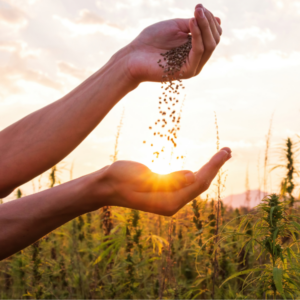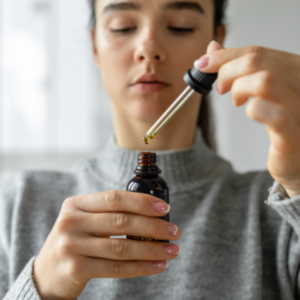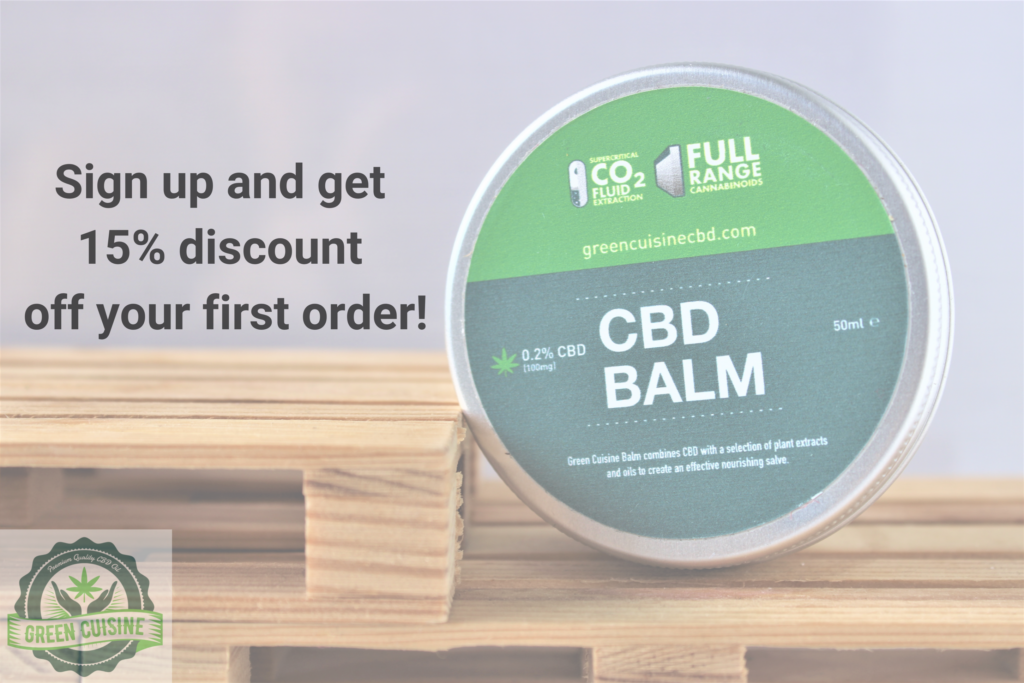Humans have a very long history with Hemp. Much longer than you may have realised. The use of hemp in human civilization dates all the way back to 8,000 BC. This plant has been a staple crop for a long time due to its immense versatility and ease of cultivation. The first-ever traces of hemp can be found in Asia. Not much longer, hemp made its way to Europe, Africa and South America where hemp seeds and oil were used for pottery and food.
Eventually, in 100 BC, hemp was used to make paper in China. This is where the versatility of the plant really took off. Humans around the world began using hemp to make clothes, shoes, ropes, and food products/medicine.
Since then, this controversial plant has had a lot of back and forth. With many laws placed against it and lifted over and over again, the history of hemp would resemble a roller coaster! Today, hemp is still not accepted everywhere and is demonized despite the endless alternatives it has to offer society.
Let’s go over the basics of hemp.
What is hemp?
First and foremost, what is hemp? It is a variety of Cannabis Sativa. This plant is known for its stalky growth, durable fibers, beautiful leaves/buds and high levels of the well-known cannabinoid Cannabidiol (CBD). While this plant is similar to its relative (marijuana), hemp plants do not contain significant levels of Tetrahydrocannabinol (THC), which is the only psychoactive cannabinoid. This means consuming hemp does not make you high!
Additionally, hemp can be used to produce over 20,000 different everyday products more sustainably. Let’s look at that now.
Is hemp sustainable?
The short answer is yes! Hemp is an extremely sustainable crop that can offer many alternatives to unsustainable industries. Here are a few things that make hemp crops so sustainable.

Hemp heals soil – Hemp enhances soil health by shading out weeds, reducing the need for synthetic herbicides and adding diversity to crop rotations which improves soil health. It also absorbs toxins and other heavy metals from the soil and fights pesticides! Most plant crops strip the ground of all their essential nutrients, which can take years to be revived. Planting hemp between other crops could allow us to use the ground without completely stripping it, enhancing a number of other industries and helping the Earth by giving back after taking from it. Not to mention, hemp also fight soil erosion by binding the soil together due to its long roots!
Hemp grows fast – Many of us know that bamboo is the fastest growing plant on Earth but did you ever consider hemp to be up there on the list of fast-growing plants? Hemp can be harvested after 3-4 months of its seed being planted. This means a lot of industrial hemp can be pushed out to meet demands without making the soil suffer. This means that it is sustainable in regards to keeping up with the demand of many industries with an eco-friendly approach.
Hemp needs very little water – While organic hemp needs more water to thrive than regular hemp, it still uses a significantly lower amount of water to grow than many other crops. This plant takes up very little space and resources, unlike the majority of crops. The water footprint of industrial hemp is less than 1/3 of the water footprint of the cotton industry. Did I mention that you can make ethical cotton with hemp? Let’s look more at that in my next point.
Hemp and its alternatives – Cotton and textiles are just one of the many examples of the alternative applications of this plant. Here is a short list of a few major industries that could benefit environmentally from swapping their resources for hemp:
- Fuel
- Ink
- Mulch
- Batteries
- Plastic like materials
- Food (eg, tofu, butter, chocolate, drinks, etc)
- Makeup and nail polish
- Surfboards
- Oil
- Milk
- Lotion
- Paper
- Diapers
- Clothing, shoes, bags, wallets, towels, blankets, etc
- Canvas’, paint/varnish
- Shampoo and soap
- Shelter
- Cars
- Tea
- Protein powder
This list does not even scratch the surface! Tens of thousands of other products can be produced with the use of hemp.
Hemp absorbs CO2 – Hemp crops can help eliminate four times more carbon dioxide than trees! Yes, you read that correctly! Hemp grows faster, takes up less farmland and absorbs more CO2 than trees do. If we focused more on planting hemp alongside our focus of planting more trees, we would see a significant decrease in greenhouse gases. Hemp can do a lot for the environment that trees can do, only faster and better!
Hemp is zero waste – What is more eco-friendly than zero waste? With this crop, every single part of the plant gets put to use. Each and every part of the hemp plant has a role to play in one or multiple industries. With other crops, a lot of plant matter can go to waste- but not with hemp!
Benefits of Hemp for humans
Not only does hemp benefit the planet, but it also benefits humans. We briefly mentioned something called Cannabinoid (CBD) above. Essentially, this is a compound found in the hemp plant that can be extracted and applied as a medical treatment or used in the form of supplementation.
This compound offers no psychoactive effects, meaning it does not get you high. It has little to no known risks following consumption and has saved many lives around the world. Here is a short list of a few ways that we can benefit from CBD.

Taking CBD may:
- Improve sleep
- Decrease anxiety
- Can (in some cases) stop seizures
- Increase brain health
- Relieves depression symptoms
- Reduce inflammation
- Help decrease cancer symptoms
- Combat addiction
- Help treat Alzheimer’s
- Relieve chronic pain
- Help with Multiple Sclerosis
- Treat skin conditions (eg, eczema and psoriasis)
- Heal Arthritis
- Lower blood pressure
- Support digestion
- Stabilize mood
- Clear acne
- Speed up brain injury recovery
Not only does CBD help humans, but it can also be an effective way to treat complications with your household pets and other animals.

Something all mammals have in common is the endocannabinoid system. This is a complex system within our bodies that allows us to receive, activate, and feel the effects of different cannabinoids. Our bodies were literally made to utilize cannabinoids!
CBD is sold in a variety of products. For example, you can purchase CBD oil, CBD lotion, CBD capsules, CBD shampoo, CBD tea, CBD chocolate, CBD herb and so much more! It is easier than ever to incorporate CBD into your daily routine.
Closing thoughts:
Hemp can clothe us, feed us, shelter us and more. Not only that, but it can literally heal both humans and the planet simultaneously. Considering the climate crisis, we should be making a heavy shift towards introducing and normalising hemp and its many applications in modern-day society.
As we learn about hemp and work more closely with it each day, we are realising how many of our problems this helpful plant can solve for us.
Save yourself – Save the planet – Grow Hemp





